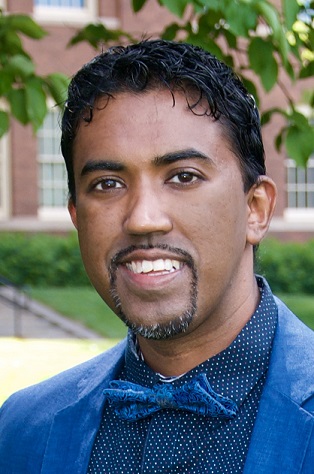Addressing Implicit Bias: Exploring Strategies for Success
Description
Implicit biases can have a significant impact on communication, decision-making, and perceptions and beliefs about others. As a result, it can also influence the effectiveness of promoting an inclusive and diverse environment. Participants in this workshop will learn how to explore their own personal biases, be introduced to approaches that can assist in being more conscious and aware about implicit biases as well as the impact these biases can have on others.
Learning Objectives
-
Enhance participant’s awareness of their own implicit biases.
-
Examine how implicit attitudes and stereotypes result in subtle forms of prejudice.
-
Identify strategies for disrupting or reducing implicit bias.
Board Accreditation
MN Board of Social Work
2.0 CEs
MN Board of Nursing
This activity has been designed to meet the Minnesota Board of Nursing continuing education requirements. However, the nurse is responsible for determining whether this activity meets the requirements for acceptable continuing education.
Guest Instructor Info
Fiyyaz Karim (he/him/his) is the Co-Director of Graduate Studies and resident faculty member in the Master of Professional Studies in Integrated Behavioral Health and Addictions Counseling programs at the University of Minnesota. Prior to working in higher education, Dr. Karim was employed in community mental health outpatient settings, many addressing the needs of marginalized communities. Fiyyaz currently serves as a community consultant and has conducted professional training sessions and workshops on diversity, equity, and inclusivity (DEI) areas including microaggressions, implicit biases, cultural appropriation, and identity development. Dr. Karim has done clinical work and research in trauma, as well as grief and loss, with a focus on disenfranchised losses such as unemployment, relationship losses, chronic illness, addictions, and more recently losses with the pandemic. Fiyyaz also serves on the Board of Directors of Agate Housing and Services, and The Governor's Advisory Council on Opioids, Substance Use, and Addiction.
